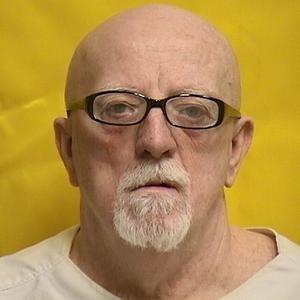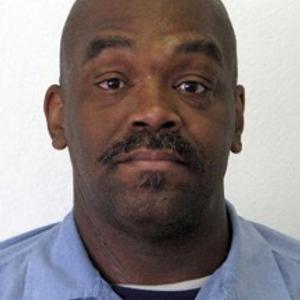Oklahoma Federal Court Stays Execution of James Coddington
Dec 26, 2021
James Coddington, the last of the seven death-row prisoners scheduled to be put to death in Oklahoma’s five-month execution spree, has received a stay…
After Second Non-Unanimous Jury Verdict, Paul Durousseau Re-Sentenced to Life in Prison in Florida
Dec 12, 2021
Florida death-row prisoner Paul Durousseau was re-sentenced to life in prison without possibility of parole December 10, 2021, when a second capital sentencing jury reached a non-unanimous sentencing…
Second Ohio Prisoner Taken Off Death Row Under New Serious Mental Illness Law
Oct 22, 2021
A second Ohio death-row prisoner has been resentenced to life without parole under a new state law that makes individuals who were seriously mentally ill at the time of their crime ineligible for the…
Ohio Supreme Court Rules Against Death-Row Prisoners in Administrative Challenge to Lethal-Injection Process
Oct 19, 2021
The Ohio Supreme Court has upheld the state’s execution process against a procedural challenge by two of the state’s death-row prisoners that sought to invalidate Ohio’s lethal-injection protocol. A unanimous Ohio Supreme Court ruled on October 19, 2021 that the Ohio Department of Rehabilitation and Correction (ODRC) did not violate state law when it adopted a lethal-injection protocol without going through the state’s formal rulemaking…
Oregon Appellate Court Grants New Trial to Death-Row Prisoner Jesse Johnson, Finding Trial Counsel Failed to Interview Witness Whose Testimony Could Potentially Exonerate Him
Oct 06, 2021
An Oregon appellate court has granted a new trial to death-row prisoner Jesse Johnson, finding his trial counsel ineffective for failing to interview a neighbor of the homicide victim whose eyewitness testimony could potentially exonerate him…




